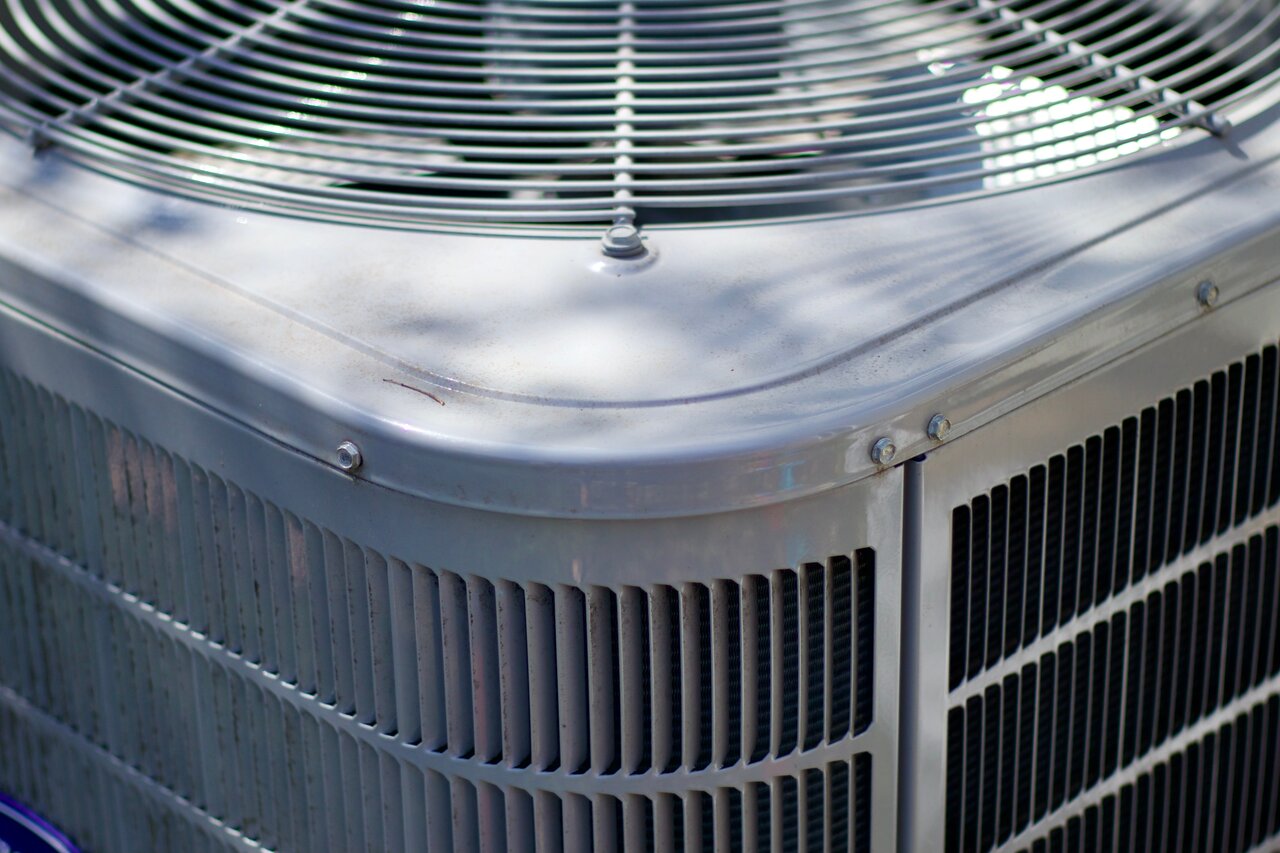As energy efficiency becomes increasingly important in residential and light commercial properties, homeowners and property managers are always on the lookout for innovative solutions to reduce energy costs and enhance comfort. One such solution gaining popularity is the ductless HVAC system, a versatile and energy-efficient option that offers numerous advantages in comparison to traditional ducted systems. Ductless systems, also known as mini-split systems, can provide both heating and cooling capabilities, making them an ideal choice for a wide array of applications.
We will delve into the numerous benefits of ductless HVAC systems, highlighting their energy efficiency, ease of installation, and ability to improve comfort levels in your property. We will also discuss the various components of ductless systems, such as the indoor air handler and outdoor compressor, and the role of zoning in enhancing temperature control and customization.
The Benefits of Ductless HVAC Systems
Ductless HVAC systems provide numerous benefits that make them an attractive choice for residential and light commercial properties. Some of the primary advantages of ductless systems include:
- Energy Efficiency: By eliminating the need for ductwork, ductless systems reduce energy loss associated with air leakage, improving overall efficiency and reducing energy costs.
- Customizable Comfort: With the ability to provide zoned heating and cooling, ductless systems allow individual control of temperature settings in different rooms or areas, enhancing comfort for occupants.
- Easy Installation: Ductless systems generally require less complex installation procedures compared to traditional ducted systems, making them suitable for a wide array of property types, including new construction and existing buildings.
- Flexibility: Ductless HVAC systems can be easily adapted to various applications, such as supplementary heating and cooling, retrofits, and new additions.
Components of a Ductless HVAC System
A ductless HVAC system consists of several key components that work together to deliver efficient heating and cooling capabilities. The primary components of a ductless system include:
- Indoor Air Handler: This wall-, ceiling-, or floor-mounted unit contains an evaporator coil, a fan, and air filters, and is responsible for circulating conditioned air within the designated zone.
- Outdoor Compressor: The outdoor compressor unit contains the system’s compressor, condenser coil, and an expansion valve. It is connected to the indoor air handler via refrigerant lines, electrical wiring, and a condensate drain line.
- Remote Control: Most ductless systems come with a remote control that lets users adjust temperature settings, fan speed, and other operating parameters.
- Optional Wired/Wireless Thermostat: Some ductless systems can also be interfaced with a wired or wireless thermostat for more sophisticated control options.
Understanding Zoning in Ductless HVAC Systems
One of the primary advantages of ductless HVAC systems is their ability to provide zoned heating and cooling. Zoning refers to the practice of dividing a property into separate areas or zones, with each zone having its own temperature control. Some of the benefits of zoning in ductless systems include:
- Customized Comfort: With zoned temperature control, occupants can easily set their preferred temperature in the area they are utilizing, without affecting other zones.
- Energy Savings: Zoning enables you to heat or cool only the areas that are in use, reducing unnecessary energy consumption.
- Improved Indoor Air Quality: Ductless systems include built-in filtration to improve indoor air quality by reducing allergens, dust, and other contaminants.
Partnering with Our Professionals for Selecting, Installing, and Maintaining Ductless Systems
Our expert technicians play a pivotal role in helping you maximize the benefits of ductless HVAC systems by offering the following essential services:
- System Selection: Our professionals will assess your property’s heating and cooling requirements and help you choose the appropriate ductless system that meets your specific needs.
- Installation: Proper installation is crucial for achieving the desired efficiency and performance of a ductless HVAC system. Our technicians will ensure that the systems are installed and configured according to industry standards and manufacturer guidelines.
- Maintenance and Troubleshooting: Regular maintenance is vital to keep your ductless system running efficiently and to ensure a long service life. Our skilled technicians can perform routine maintenance tasks and address any issues that may arise with your ductless HVAC system.
- System Upgrades and Customization: As your needs evolve, our professionals can help you expand or modify your ductless HVAC system to meet new requirements or accommodate property modifications.
Conclusion: Embracing the Future of Energy Efficiency and Comfort
Ductless HVAC systems present an attractive alternative to traditional heating and cooling methods, offering unparalleled energy efficiency, comfort, and flexibility for residential and light commercial properties. By choosing to work with our knowledgeable professionals, you can ensure that your investment in a ductless system is tailored to your needs, expertly installed, and properly maintained for optimal performance and longevity.
If you’re ready to explore the benefits of ductless HVAC systems and how they can enhance the comfort and efficiency of your property, contact our team at Arch Heating and Cooling Inc today. Our expert technicians are committed to providing outstanding HVAC services in Janesville,WI, ensuring that your ductless HVAC system is a rewarding investment for years to come.








